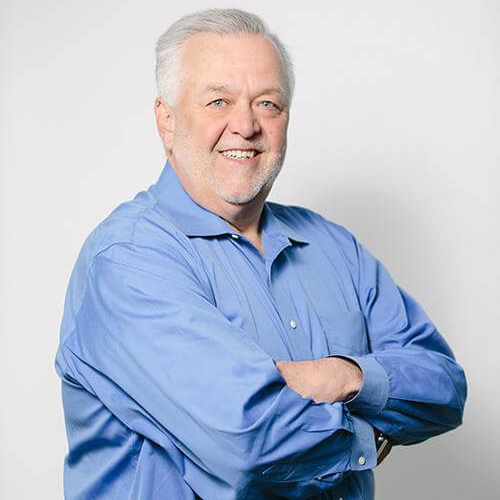We should all have our affairs in order as if tomorrow is our last day.
If all of a sudden your doctor told you that you had advancing dementia or stage 4 cancer, your thoughts would be all over the place. As you pass from anger to reality, your mind eventually wanders to financial matters and the care of loved ones post-mortem.
If these thoughts have you or an uninformed spouse scrambling to figure out what that means or what you should do now, you may consider the following.
The simple fact that you may be frantically trying to learn about your financial life at that point underscores the lack of service that you’ve been getting from your current team of advisors. I’m not saying that everyone will remember what your legal documents say a few years after they’re signed, but knowing where to go and who to ask on your team is pretty basic. Sometimes this materializes because you’ve always been ‘do it yourselfers’, and one spouse, (now sick) was in control of everything.
It also happens if your team of financial professionals build their relationship with one spouse instead of both or they’re doing “the least they can do” for you. Unfortunately, both cases are all too often true. Many professionals stick to their silo or subject matter, and never coordinate the advice of an entire team of experts needed to implement a well-orchestrated financial plan that works whether you’re sick, healthy, or already dead.
Any time you are asked to act quickly on something that is not your personal area of expertise, be diligent. Following instructions without wholly understanding the facts, circumstances and options for getting through this difficult time isn’t wise. This may occur with existing professional relationships, particularly if the relationship hasn’t been pro-active on the professionals’ end since inception. You may be just as vulnerable if you start calling around to seek the guidance that you may need. Consider the following recommendations when searching.
Work with someone who does their work as a specialty. For example, the attorney who does real estate closings, divorce, probate, litigation etc. is probably not the right person for drafting your estate docs. One who specializes in estate planning and terminal illness is a much better fit. Ask your counsel about their areas of expertise and how much of their time is devoted to such matters.
Calling a financial advisor may also turn out to be equally unhelpful. Your advisor should have a personal, and deep knowledge over tax matters, estate planning and family governance. Knowing how you are invested is important, of course, but with this recent and horrific diagnosis, these other issues may be more urgent at this time.
This also highlights that life is short and very fragile. We should all have our affairs in order as if tomorrow is our last day. And that order is about more than legal and financial matters. It is one to remind you to smile, and focus on those things that you may miss the most if tomorrow was your last.
This information is not intended to be a substitute for individualized legal advice. John Napolitano, US Financial Advisors, Napier Financial and LPL Financial do not provide legal advice or services. Please consult your legal advisor regarding your specific situation.
John P. Napolitano CFP®, CPA is Founder and Chairman of Napier Financial in Braintree, MA. Visit or napierfinancial.com for more information. The opinions voiced in this material are for general information only and are not intended to provide specific advice or recommendations for any individual. Investment advice offered through US Financial Advisors, a Registered Investment Advisor. US Financial Advisors and Napier Financial are separate entities from LPL Financial.

